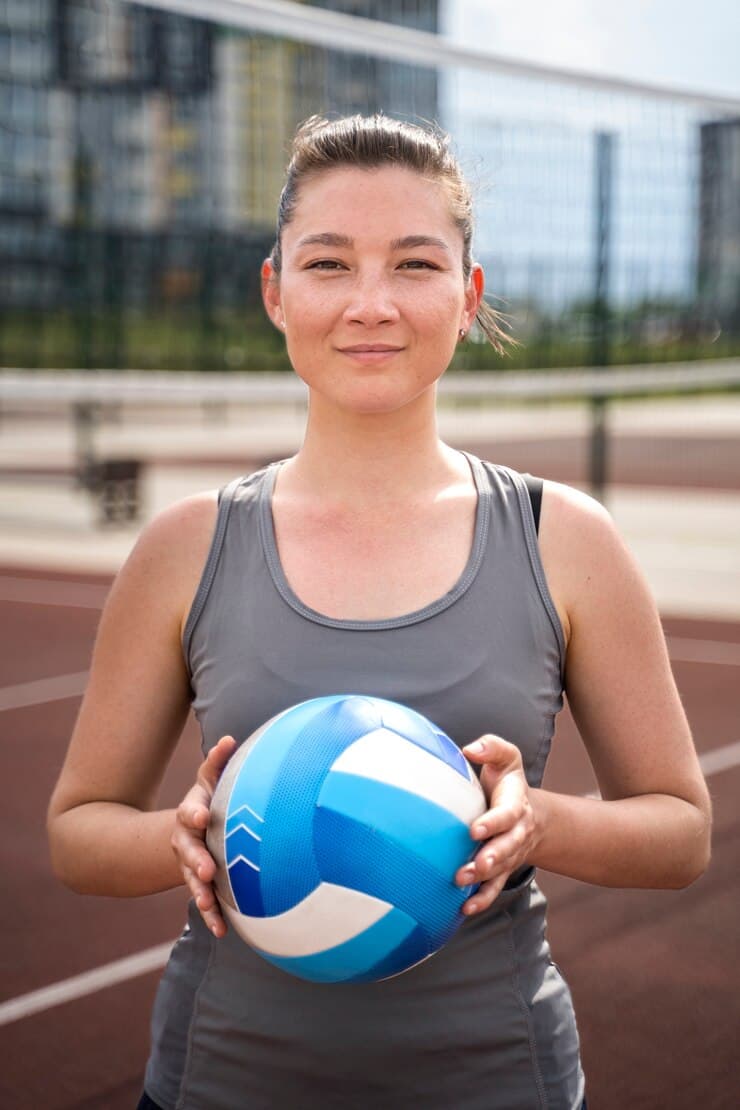Czech tennis star Barbora Krejcikova calls for a shift in sports journalism, urging commentators to focus on athletes' skills and accomplishments rather than superficial remarks about appearance, promoting respect and professionalism in coverage.
In a frank public address, Czech tennis player Barbora Krejcikova voiced her displeasure with tennis journalist Jon Wertheim, calling his remarks regarding her physical appearance 'unprofessional.' As a two-time Grand Slam champion and a prominent figure on the WTA circuit, Krejcikova was clear in her concerns, highlighting the unequal treatment of male and female athletes in media discussions. This critique, which was unintentionally broadcast on Tennis Channel, has garnered considerable attention and prompted a reevaluation of the tone and focus of commentary within sports journalism.
Krejcikova stressed that it's crucial for journalists who cover the sport to respect the commitment and skill of the athletes. Rather than making personal or appearance-related remarks, she advocated for a focus on meaningful analysis that highlights athletic performance. "Such remarks are not only disrespectful, but they also diminish the dedication and effort we invest in the sport," Krejcikova remarked in reaction to the incident. Support from fans and fellow athletes has echoed her call for a transformation in the discourse surrounding female athletes, particularly in contrast to the performance-focused coverage their male counterparts receive.
The timing of this controversy is especially crucial. Krejcikova has enjoyed an outstanding season, recently securing a Wimbledon title and showcasing strong performances across the WTA Tour. Nevertheless, the distraction caused by such comments brings to light a recurring issue faced by many female athletes: the tendency for commentary to shift from discussing skill and strategy to focusing on irrelevant traits. Krejcikova contends that this kind of attention detracts from the core of competitive sports, which should emphasize athletes’ strengths, resilience, and achievements on the court.
Krejcikova's response highlights a broader discussion regarding gender bias in sports journalism. Supporters swiftly came to her defense, underscoring the obligation of journalists to maintain respect and professionalism in their reporting. Her critique serves as a crucial reminder of this duty, particularly in a time when the media plays a significant role in shaping public perceptions and narratives about athletes. This incident follows other recent appeals from female athletes seeking more equitable coverage.
Numerous fans and fellow athletes are optimistic that Krejcikova's strong position will lead to a more thorough examination of sports journalism, urging the field to concentrate on what is genuinely important—emphasizing the game, the strategies employed, and the athletic prowess that players consistently demonstrate in every match. As discussions surrounding media coverage progress, Krejcikova's courageous reaction may open the door to a more respectful and performance-driven narrative in sports reporting, one that emphasizes skill and commitment rather than trivial remarks.
As the tennis community focuses on the forthcoming Grand Slam tournaments, Krejcikova's remarks serve as both criticism and a rallying cry. She, along with many others in the tennis sphere, hopes for media organizations to embrace a more respectful, performance-oriented perspective—one that reflects the discipline, resilience, and dedication exhibited by players every time they take to the court. Such a change would ensure that athletes are recognized for their effort, achievements, and contributions to the sport instead of being diminished by superficial commentary.







